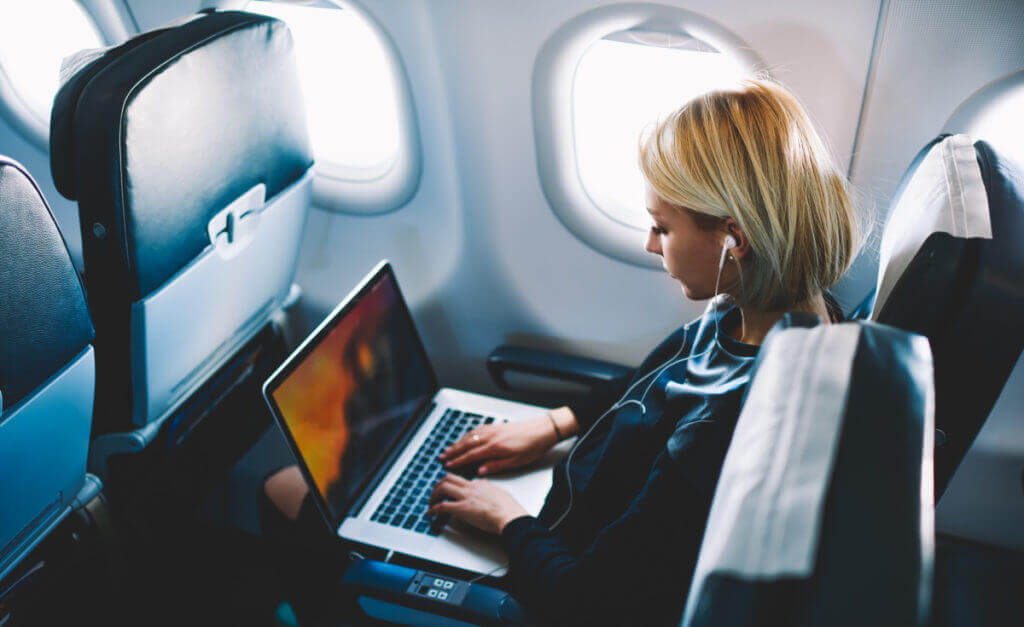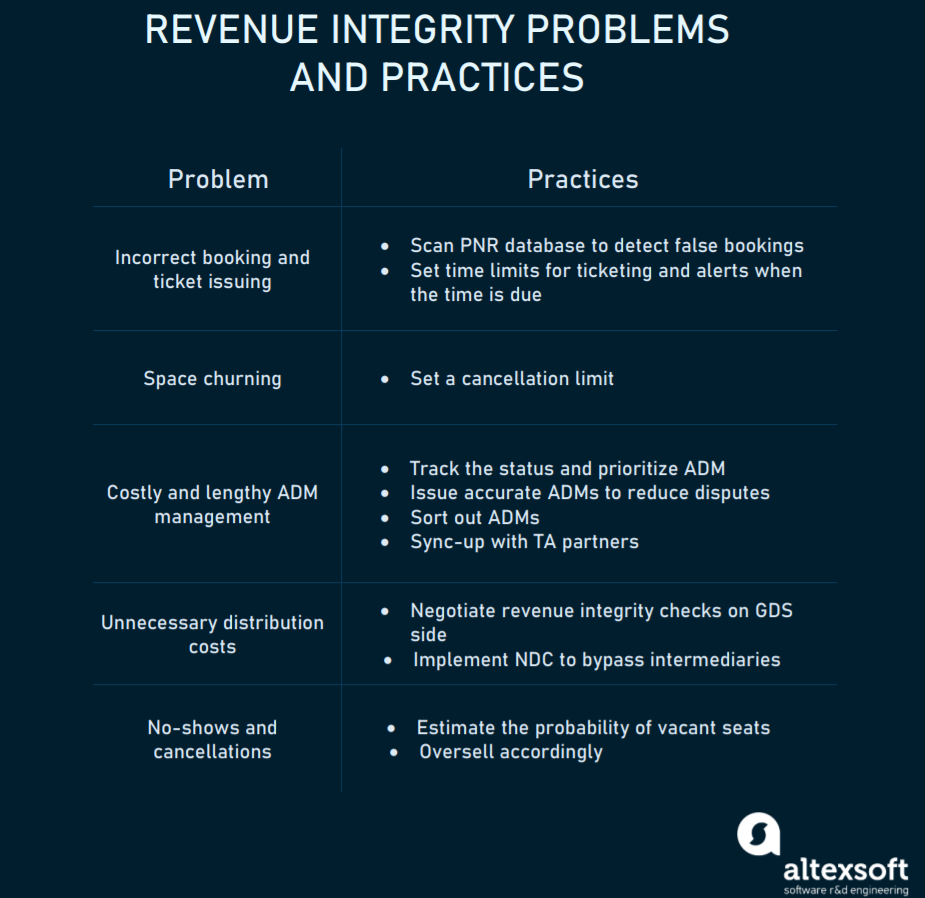
During these times, when the number of flights has drastically dropped, every penny counts. Even before the pandemic, the aviation industry was going through a crisis, so airlines fought hard to track down and close every loophole. There are, unfortunately, a lot of them, one being the revenue leakage. Often created by travel agents and customers (both accidentally and not), these holes account for about 3 percent of an airline’s revenue. Though it doesn’t seem like a lot, it’s a hefty sum for a large company. In this article, we explain when revenue leakage happens in airlines and how managers can seal these holes. Couldn’t be more relevant, right?
Airline revenue leakage
Revenue leakage is the mismatch between the expected revenue from the bookings that were made and the amount that airlines eventually receive. Identification of the areas of your revenue loss will enable you to minimize them. This includes discrepancies in fares sold by sales agents, intense competition on the market, refunds and cancellations of tickets, changes in foreign exchange rates, improper calculation of penalty charges, etc.
Leakage plugging strategy is called revenue integrity (RI). This involves making sure that the right passengers fly on the right plane, at the right time, at the right fare. Due to numerous problems, this is not always possible.
Sources of airline revenue leakage
Not always intentionally, travel agents as well as passengers themselves can cause a bunch of revenue integrity problems for airlines. First, let’s see at what stages of the flight booking process leakages appear. And in the next sections we’ll talk about solutions.

Root causes of revenue leakage and practices to mitigate them
Reservation stage
Unticketed booking. It happens when the booking is completed but passenger’s ticketing details are missing. For instance, when a travel agent wants to give a customer the exact price of a tour, they often hold a seat to do that. But no passenger name record (PNR) has been created. As a result, this test booking activated a hold but no one is going to travel by that ticket. So, airlines can be left with an empty seat and no payment. Besides, Global Distribution Systems still charge airlines for such passive bookings. And it can amount to a sizable sum if used frequently. Some airlines forbid creating bookings for testing or training purposes. If identified, a carrier cancels such a booking and issues a fine for the travel agency.
Space churning. Another case is when agents are trying to simply retain a seat or circumvent the ticketing time limit. Iteratively canceling and rebooking the same ticket, agents practice churning. It results in such negative events as PNR corruption and excessive GDS costs. So, it’s critical to take measures against it. We’ll provide the remedy later on.




